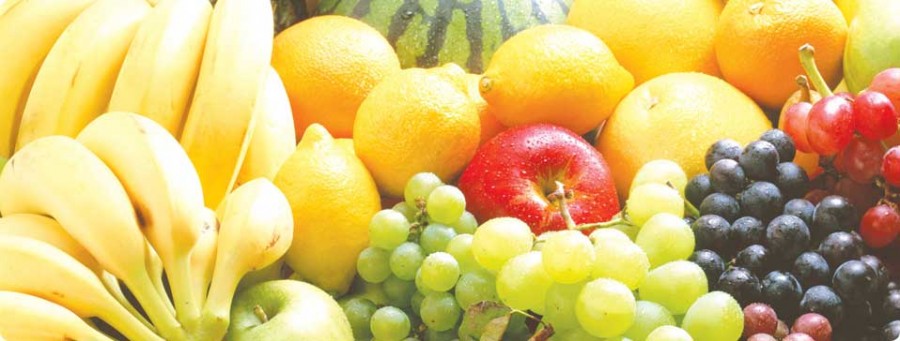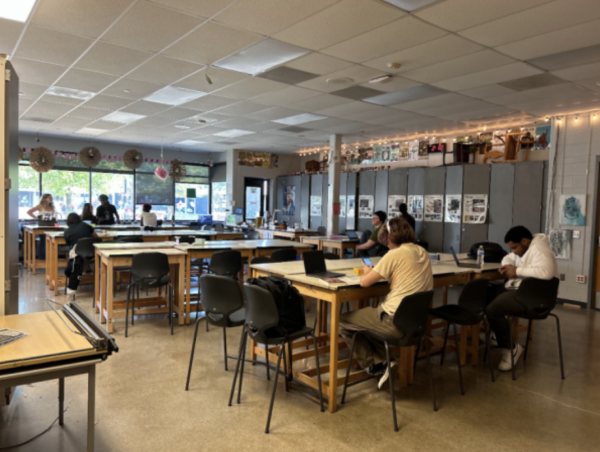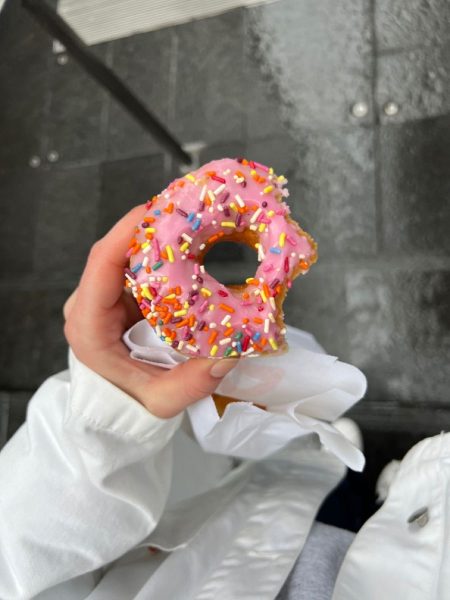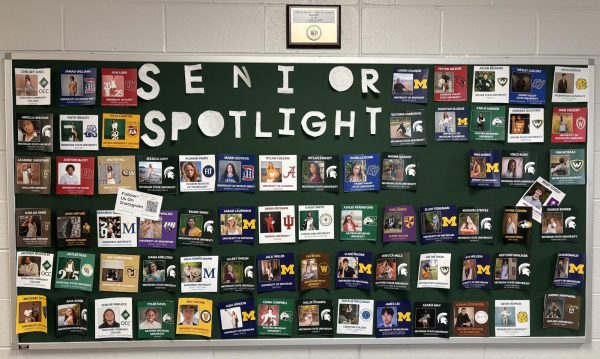Eating for Succeeding
What you munch on can make or break the rest of your day!
Do you ever feel tired, sluggish, or incoherent during class? It could be because of your eating habits! Eating healthy and eating the right foods during the school day could solve many of your problems. What you eat can determine your energy and food levels during the day, and the more energy and focus you have in class, the better you do.
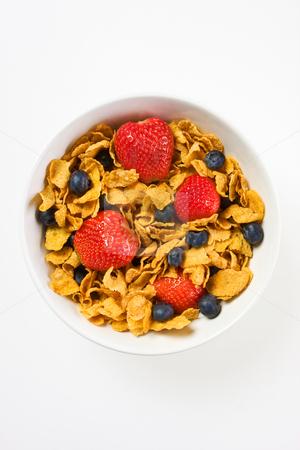
Breakfast
According to the Centers for Disease Control (CDC), eating a healthy breakfast can improve your memory and your mood. Unfortunately, many students choose to simply skip breakfast, or barely eat anything if they do. Skipping out on breakfast makes you extremely hungry until their next meal. This reduces your ability to focus and recall important information. When you eat breakfast, your meal gives you energy and fuels you through your day. If you skip breakfast, your body is relying on stored energy from your previous meal, but if your previous meal is your dinner from the day before, not only is your body is starving overnight, but also halfway through the day too. Your breakfast should contain a balance of proteins, fiber, and carbohydrates. For example, a healthy breakfast before school could include a slice of whole-grain toast with a scrambled egg, and a side of fruit. Another idea is a whole-grain cereal with milk and topped with fruit.
Lunch/Dinner
According to the United States Department of Agriculture(USDA), At least half of your next two meals–lunch and dinner–should consist of fruits and vegetables, with the other half being grains and protein, and include a side of dairy such as a glass of milk. According to Today’s Dietitian, a news website for health professionals, the fruits and vegetables you eat should all be different because different colors give you different nutrients and vitamins. At least half of the grains you eat should be whole-grain, and your proteins should be from lean meats or legumes. Some examples of whole-grains you could be eating during lunch are quinoa, oats, barley, whole-grain bread, or brown rice. According to the Michigan High School Athletic Association(MHSAA), eating lunch is a crucial component of a successful school day, especially if you are an athlete since your lunch will give you the energy you need for the rest of the day. Eating dinner is also very important because often, you go overnight without eating anything until breakfast. Your dinner should include all of the same nutritional elements as your lunch does. It should be half fruits and vegetables, a quarter grains, and a quarter proteins, just like your lunch.
Snacks
According to the New York Times, snacking on light, nutritious foods during the school day can be extremely beneficial to you because it gives you boosts of energy to perform better in between meals. Small snacks such as fruits, granola bars, nuts, cheese, trail mix, popcorn or low-fat yogurts are all great ideas for little meals that you can eat during class if you are feeling hungry or fatigued.
If you eat healthier during the school day, then your brain can work better during testing. Making a habit of eating healthy throughout the day can help you make better decisions involving food for the rest of your life.
Your donation will support the student journalists of West Bloomfield High School. Your contribution will allow us to purchase equipment and cover our annual website hosting costs.
Avani Samandur is a junior who enjoys writing and expressing her opinions on pressing issues of the world. She believes that everyone should be informed...


